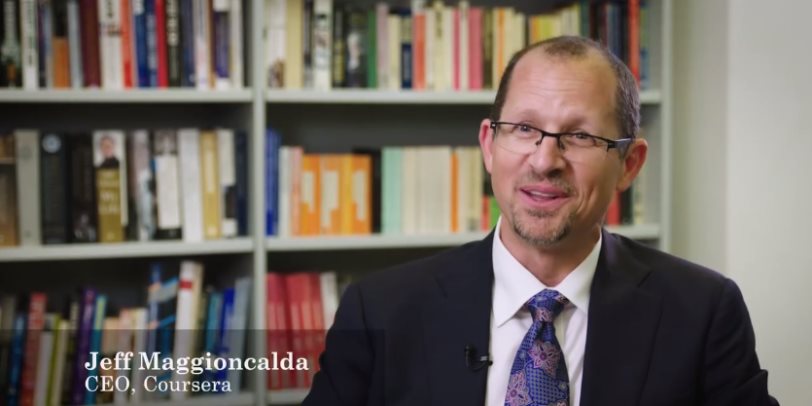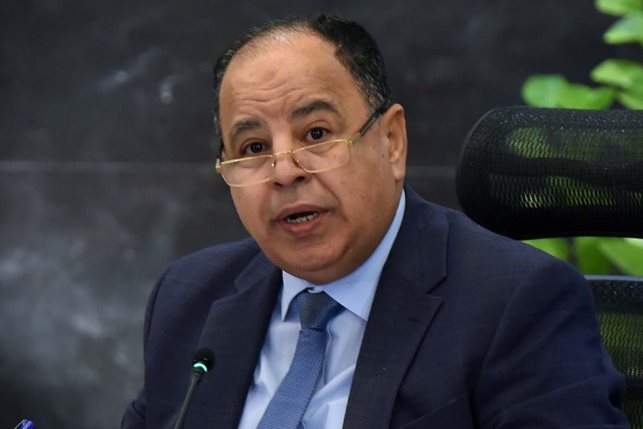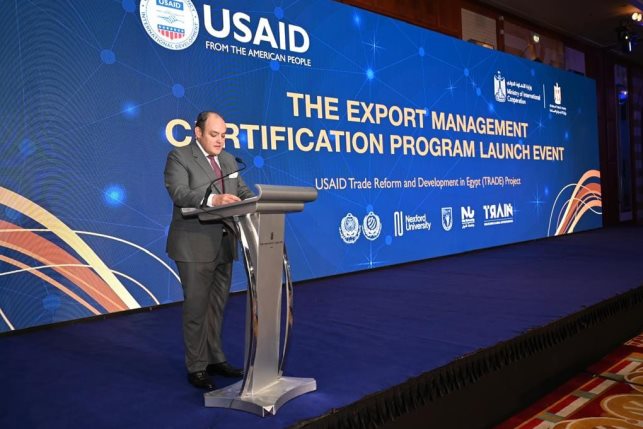Transforming education for new gen of work | an Interview with Coursera's CEO
Talking to Business Today Egypt, Coursera’s CEO, Jeff Magioncalda, discusses the learning platform’s efforts in Egypt, and digitally transforming education to meet the new generation of work opportunities
 Curtesy - University of London Alumni
Curtesy - University of London Alumni
Arming the future generation with relevant skills to join the job market has been an important topic for both public and private institutions in the last few years, particularly as the world continues to dial in on digital transformation, creating an amplified need for digital skills and literacy.
Towards that end, people have been turning to digital educational platforms (EduTech) to build upon their traditional schooling.
Platforms such as global online course provider Coursera have been a boon for those looking to upgrade their knowledge and skills in the face of continued digitalization and increased competition.
Talking to Business Today Egypt, Coursera’s CEO, Jeff Magioncalda, discusses the learning platform’s efforts in Egypt, and digitally transforming education to meet the new generation of work opportunities.
Egyptians on Coursera
Currently, there are around 1.6 million Egyptian users on Coursera’s platform, taking online courses on modern technological fields such as artificial intelligence and data analysis, the CEO told us, with Egyptians placing a premium on business and technology fields.
Regarding business, Magioncalda pointed out that Egyptians tend to lean towards courses in operations management, financial strategy preparation, Microsoft Excel, marketing and digital marketing.
On the other hand, computer science, the C programming language, and product design were highly favored in the technology field, with those studying data science category focusing mostly on the Internet of things, machine learning, and probability statistics.
Coursera specializes in accessible education, with both paid and free-to-learn programs available, providing over 5000 courses to empower individuals with soft and digital skills. While a majority of the content is in English or Spanish, the platform has a growing number of Arabic courses; the EduTech is currently working on translating roughly 2000 courses to Arabic, with 90 already available to join on the website.
Recently, Coursera signed its first partnership agreement with the new Al-Alamein International University, which aims to supplement “their curriculum with courses from the top content partners from around the world, helping institutions bridge the skill gap between what universities prepare students for and what the job market is needing in terms of skills.”
Magioncalda also explained that the online course provider is in similar talks with other Egyptian universities for support in their digital transformation, as well as educating students and teachers alike with the latest skills and technologies.
The CEO emphasized Coursera’s international certificates, which are provided by some of the best international universities around the world including the University of Michigan. Without the existence of these partnerships between universities and Coursera, it would be difficult for many students to obtain such qualifications from leading international universities, he pointed out.
When asked about what he viewed as Egypt’s current competitive edge in the global job market, Magioncalda replied with “Egyptians are superior in the Middle East in mathematics, but in the broader field of information technology there are only some areas where the Egyptian learners have a great advantage, such as data analysis.”
Elevating education to meet today’s demands
“With the advent of the Covid-19 pandemic when most countries of the world imposed quarantine measures, we witnessed a great demand for online training, and the importance of distance learning emerged.” Maggioncalda pointed out, “we expect that hybrid education and training can change our mindsets about what universities can offer, the mechanisms for delivering it, and the link between universities and the needs of the labor market.”
The Coursera head further pointed out that the platform is currently working with 175 of the top universities in the world.
It is also working with international companies, which have prepared content for training courses with the purpose of developing the personal and digital skills of their employees and individual consumers. Examples of such companies are Google, Amazon, Facebook and Microsoft.
When asked about the learning platform’s vision to support students, Maggioncalda said, “We seek to develop learner skills according to the requirements of future jobs.”
Any person looking to learn can build the skills needed to qualify them for the new generation of work opportunities, he pointed out, noting fields such as artificial intelligence, machine learning, information security, data analysis, and digital marketing.
Coursera currently offers several certificates, seven of which provide an opportunity to earn college credit, which students may use when applying for certain universities.
Additionally, the learning platform’s professional certificates prepare students with job-ready qualifications to begin working without a college degree. Users can then apply for jobs that require specific skills in several high-demand fields such as information technology. Some examples are Google’s IT Professional Certificate, and IBM’s information security and data management courses.
Coursera also provides Guided Projects, which target job-relevant skills and take under two hours to complete. Guided Projects incorporate hands-on learning through a virtual machine so learners do not need to download tools or navigate software configuration. Some of the most popular projects on Coursera in the last year have been around learning digital marketing tools, including Google Analytics, WordPress, and Canva.
According to Maggioncalda, Coursera employs two strategies to raise awareness among Egyptian youths; addressing learners indirectly through the press, and directly, communicating with institutions in all fields.
“We now have more than 2,900 businesses around the world working with us to upskill their employees to cope with the rapidly changing labor market. We are also conducting cooperation agreements with government agencies to train government employees and with universities, through Coursera for Campus. For instance, Coursera has launched an initiative, supported by the Moroccan Ministry of Higher Education, which aims to reduce dropout rates and improve employability for students across the country. Coursera’s Morocco partnership currently supports 15 universities in Morocco,” he pointed out.
In regards to the current trend of remote work, the Coursera CEO indicated that it has become very prevalent as an innovative way to obtain new job opportunities. “I believe that remote work will have a greater role in creating new job opportunities. It opens up new ways to work and helps an individual get any job anywhere from any organization without the condition of moving to the company's headquarters,” he noted.
Finally, young people should think seriously about developing digital skills to get a good job, and should keep learning because machines will automate many processes in the future, so young people have to be armed with modern digital skills, he concluded.
Established in 2012, in cooperation with two professors at Stanford University, Coursera’s number of learners around the world exceeds 92 million.





